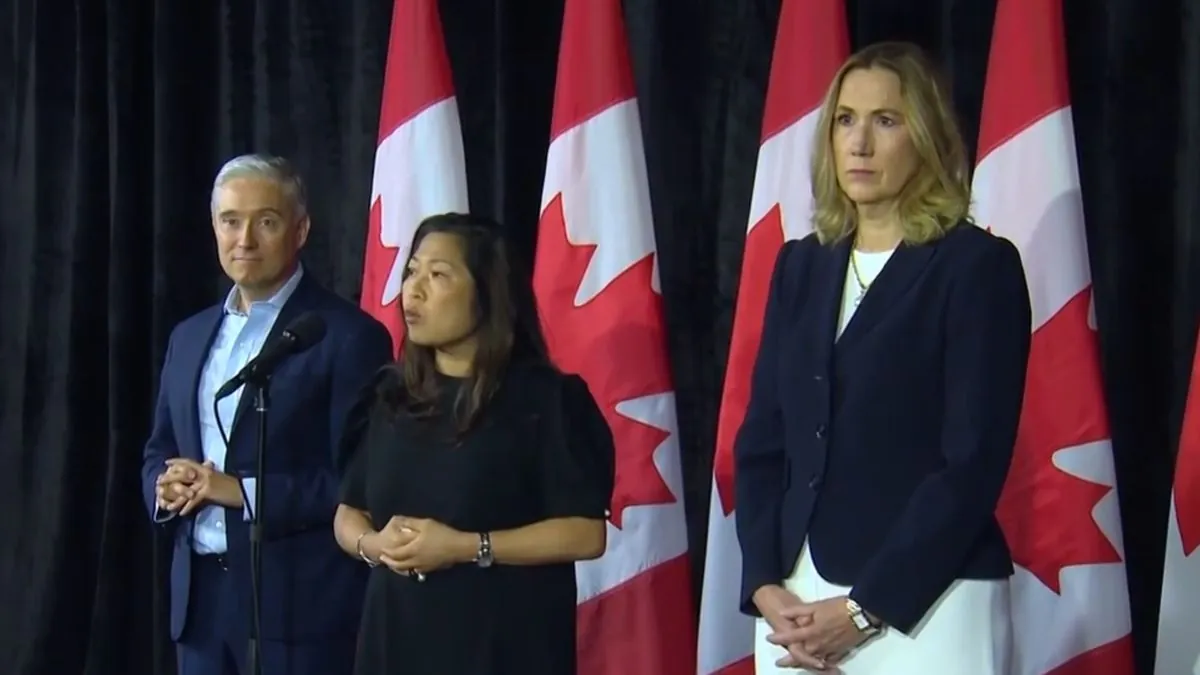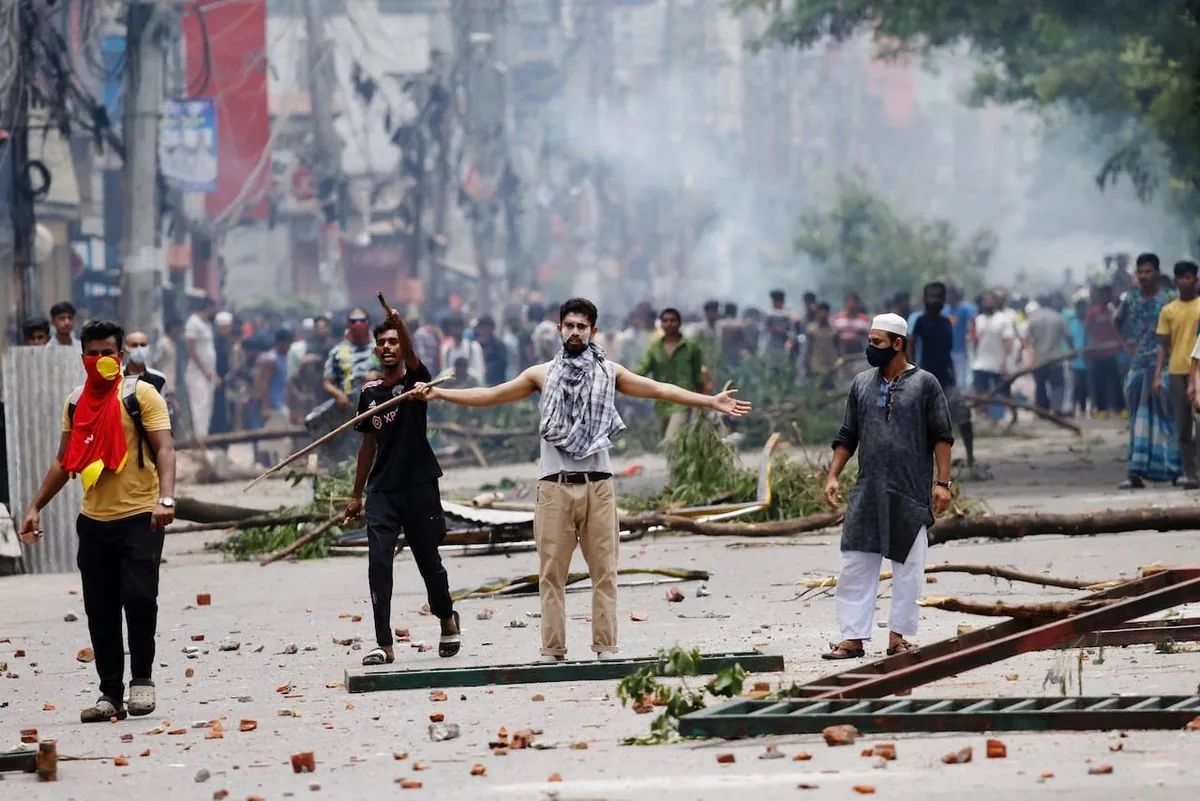Bangladesh Joins UN Convention Against Enforced Disappearances
Bangladesh's interim government signs UN convention to prevent enforced disappearances. Move follows political upheaval and accusations of human rights violations during former PM Sheikh Hasina's rule.

In a significant move, Bangladesh's interim government has signed the United Nations' International Convention for the Protection of All Persons from Enforced Disappearances. This action, taken on August 28, 2024, marks a crucial step in addressing human rights concerns in the country.
Muhammad Yunus, the Nobel laureate who recently assumed leadership of the interim government, signed the accession during a weekly advisory council meeting. Yunus, known for his pioneering work in microcredit, described the event as "a historic occasion."
This development comes amidst a period of political transition in Bangladesh. The country, which gained independence in 1971, has experienced a tumultuous history marked by political instability and challenges to democratic governance. The recent change in leadership occurred after former Prime Minister Sheikh Hasina left the country on August 5, 2024, following widespread protests.
The signing of the UN convention is particularly significant given the accusations of human rights violations during Hasina's 15-year rule. Human Rights Watch reports that, according to local monitors, security forces allegedly carried out over 600 enforced disappearances since 2009. The organization states that while some individuals were later released or produced in court, nearly 100 people remain unaccounted for.

In response to these concerns, the interim government has established a commission to investigate cases of enforced disappearances during the previous administration. This move aligns with Bangladesh's efforts to improve its human rights record and strengthen its democratic institutions.
The International Convention for the Protection of All Persons from Enforced Disappearance, adopted by the UN General Assembly in 2006, aims to prevent forced disappearances, which are considered crimes against humanity under international law. Bangladesh's accession to this treaty demonstrates its commitment to addressing this critical human rights issue.
However, the country continues to face challenges in its pursuit of justice and accountability. Recent legal actions have targeted former officials, including Sheikh Hasina, as well as journalists and activists. These developments have raised concerns about press freedom and the potential for arbitrary arrests.
"While there is legitimate anger over the abuses under Sheikh Hasina's authoritarian governance, the focus should be on reform, not reprisal, which will only serve to undermine the pledges of the interim government."
As Bangladesh navigates this period of transition, it must balance addressing past human rights violations with ensuring that new abuses do not occur. The country, known for its rapid economic growth and progress in poverty reduction, faces additional challenges, including vulnerability to climate change and natural disasters.
The interim government led by Muhammad Yunus is tasked with restoring political stability and addressing these multifaceted challenges. As Bangladesh moves forward, the international community will be watching closely to see how the country implements its commitments under the UN convention and works towards building a more just and democratic society.


































